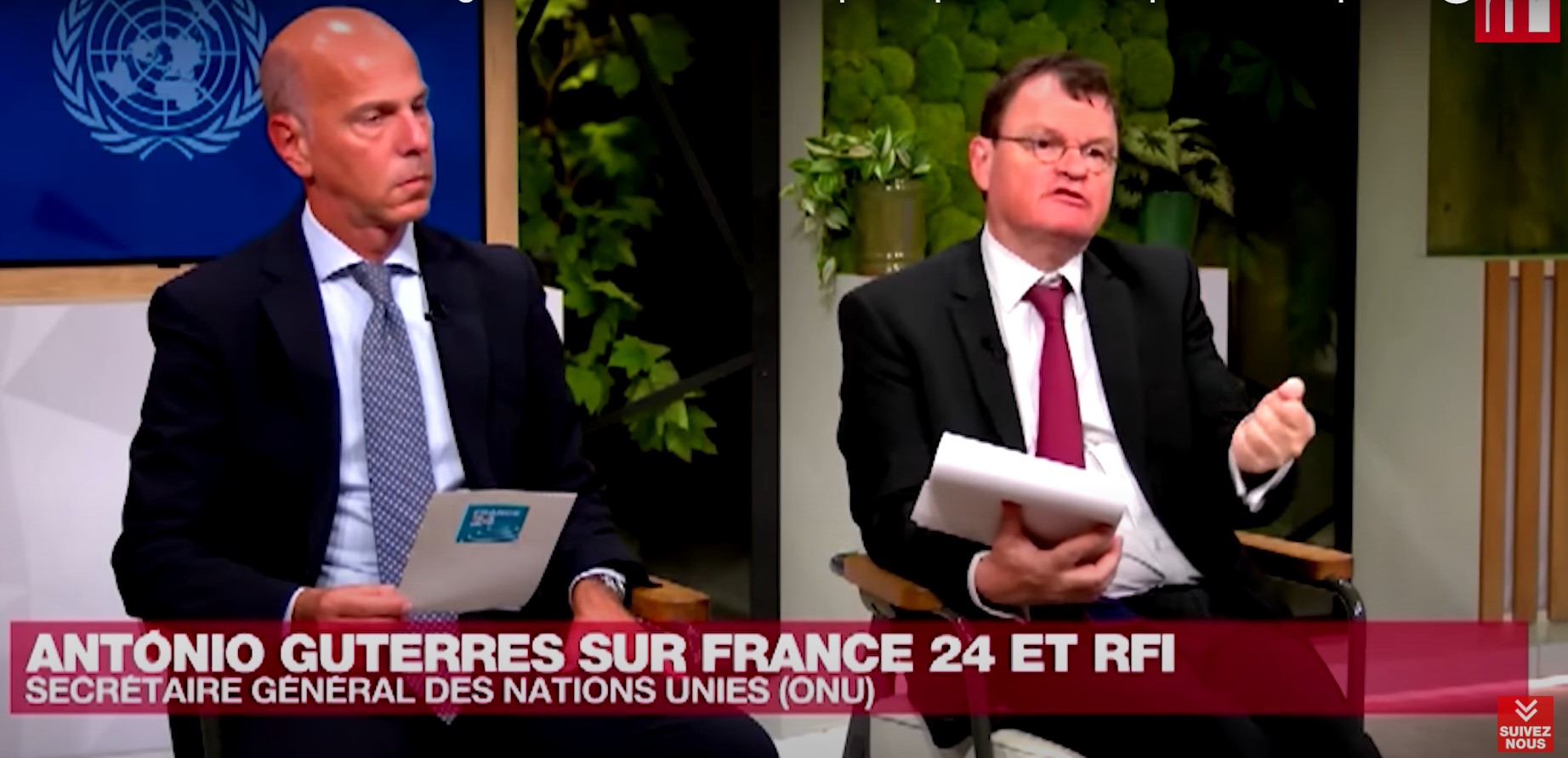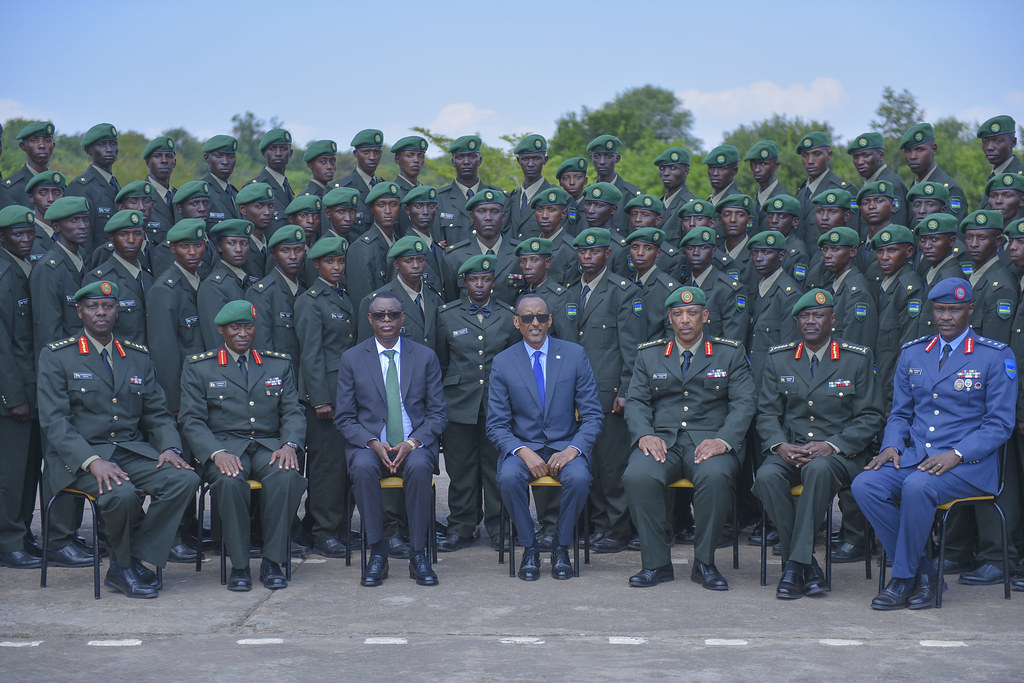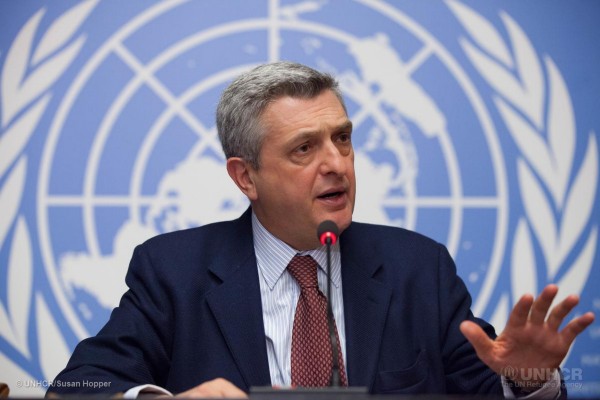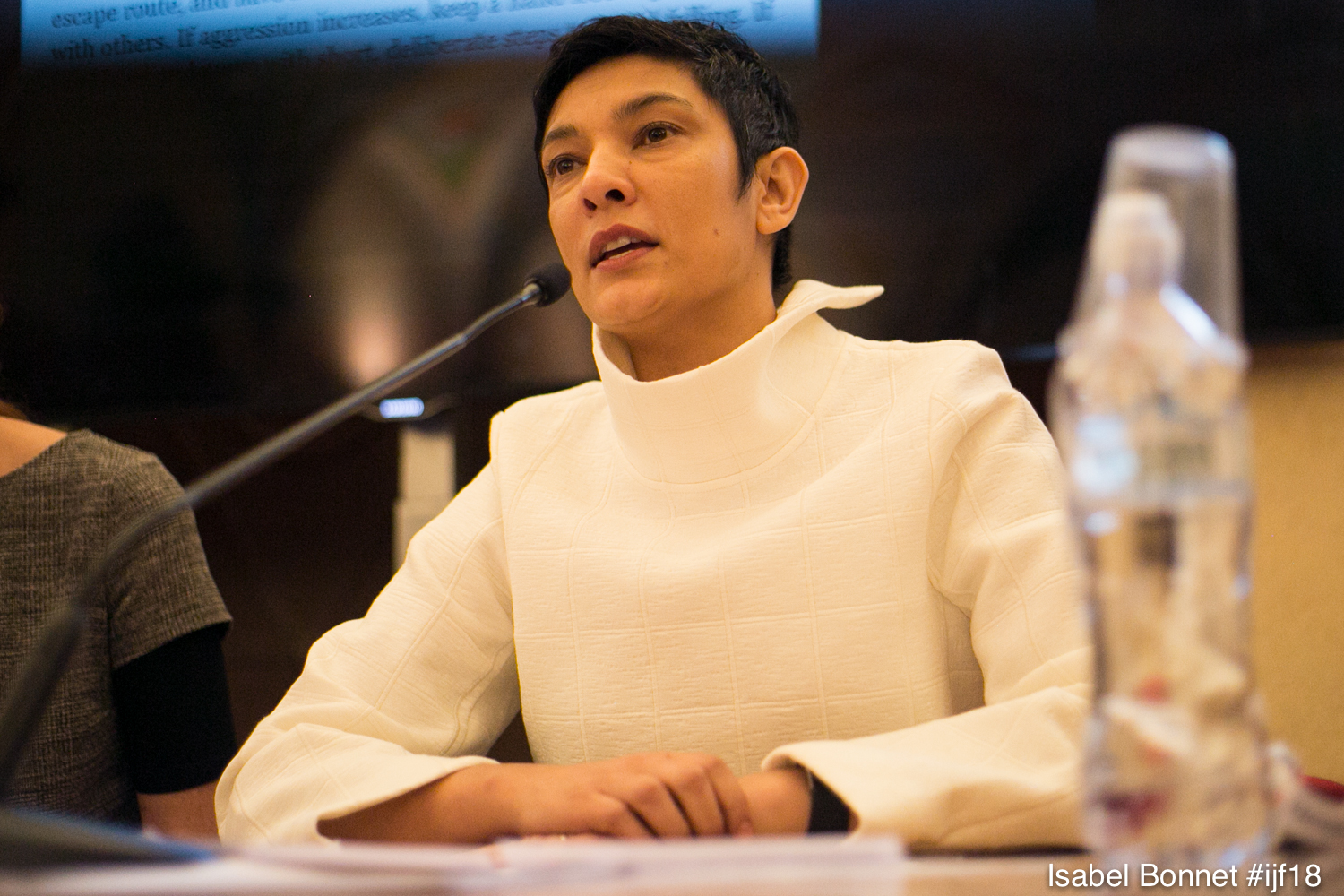International
Kabuga’s delay tactics will not deter justice
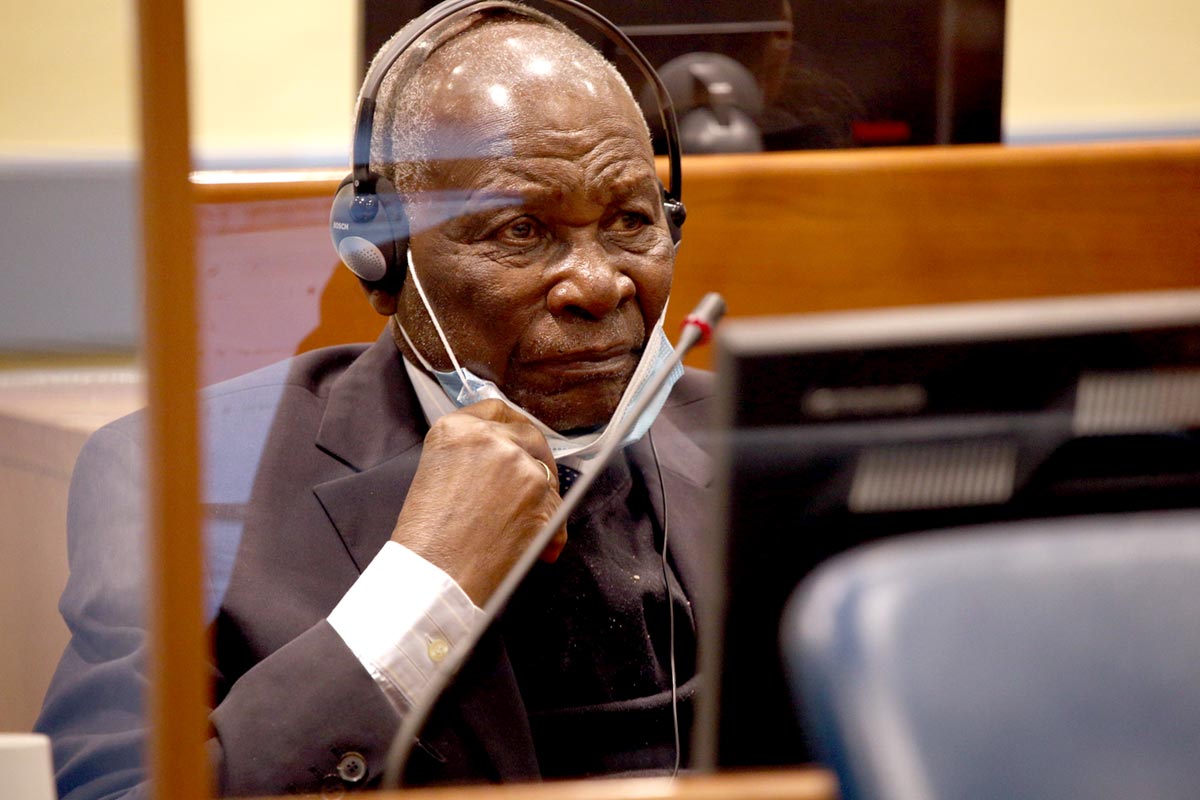
The
UN’s International Residual Mechanism for Criminal Tribunals (IRMCT), on
Thursday, September 29, commenced the long-awaited trial of top Genocide
suspect Felicien Kabuga, for his crimes in the 1994 Genocide against the Tutsi
in Rwanda.
The
trial was welcomed by many from the international community, Genocide
survivors, families of the victims, and Rwandans, who thought the day will
never come. It shows that justice can be done.
Known
as the ‘Genocide financier’, Kabuga financed large purchases of crude weapons
including machetes which were used by the killers during the Genocide. During
months preceding the Genocide, the businessman bought more than half a million
of dollars’ worth of machetes.
Additionally,
he was a major shareholder of hate radio station RTLM that called upon the
population to massacre the Tutsi. It gave them detailed information on the
people to be massacred and where to find them.
Kabuga
was very close to the genocidal regime of President Juvénal Habyarimana. One of
Kabuga’s daughters is married to the former president’s son. Furthermore, he
participated in plots to identify the Tutsi to be killed, as well as conspiracy
to commit Genocide through his radio’s many broadcast statements inciting
people to kill the Tutsi.
Arrested
in France in May 2020, Kabuga is charged with seven counts, including five
related to genocide; genocide, complicity in genocide, direct and public
incitement to commit genocide, attempt to commit genocide and conspiracy to
commit genocide. Other charges include persecution and extermination – both as
crimes against humanity, all committed between April 6 and July 17, 1994.
Kabuga
described all charges against him as “lies”, and pleaded “not guilt” to all the
charges. He claimed that the Tutsi were his clients and he used to give them
credit to boost their businesses, and therefore, he could not turn against his
clients and kill them.
While
the trial comes as a relief to many, to Kabuga and his family, the wish is for
the judicial process to be delayed as long as possible.
For
starters, he decided not to show up in court for the beginning of the trial, or
to follow the hearing online, despite being found to be safe and sound. This
was done as a protest against a refusal to let him change lawyers.
On
several occasions, Kabuga tried to replace his lawyer, Emmanuel Altit, without
success. He requested that Altit be replaced by Peter Robinson, an American
lawyer known to defend Genocide suspects including Joseph Nzirorera, former
leader of MRND, and Jean de Dieu Kamuhanda, who was the Rwandan Minister of
Higher Education during the Genocide, and was sentenced to life imprisonment by
the ICTR for the massacre of thousands of Tutsi at Gikomero Parish in Kigali.
Later
on, Kabuga and his son brought in Philippe Larochelle, a Canadian lawyer with a
portfolio similar to Robison’s. It didn’t work.
The Trial
Chamber rejected all the requests, simply because the change of counsel would
delay the proceedings. At the start of the trial, the judges ordered that
proceedings go on, despite his absence.
On
several other occasions, Kabuga claimed that he is not fit to stand trial, but
all his appeals were rejected with medical assessments proving otherwise.
Close
to three decades, Kabuga was able to hide with the help of his large rich
family, moving with different passports to secret homes in countries including
France. However, 28 years after the Genocide, and two years after his arrest, he
can no longer outrun his fate.
He
will face justice for his crimes.


